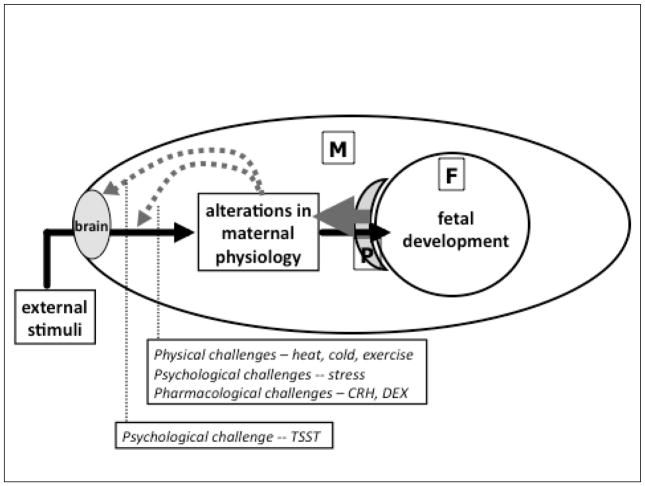FIGURE 1. MATERNAL PHYSIOLOGY AND FETAL DEVELOPMENT: A CASE OF RECIPROCAL DETERMINISM.
External conditions during pregnancy that are appraised by the maternal brain as stressful may result in stress-related alterations in maternal physiology that, in turn, may influence fetal development and birth outcomes. However, the state of pregnancy itself produces progressive changes in maternal physiology that have been shown to alter maternal peripheral (physiological) responses to a variety of physical, psychological and pharmacological challenges, and also maternal central (psychological) responses to a social stressor. These pregnancy-related changes in maternal physiology (that alter maternal psychological and physiological responses to exogenous stressors) originate from the fetal-placental compartment. Hence, the fetus, the object of maternal stress-related physiological perturbations, also is the initiator of alterations in maternal physiology that progressively dampen maternal responses to exogenous (and likely endogenous) challenges – a case of reciprocal determinism.

